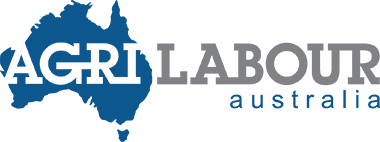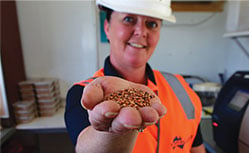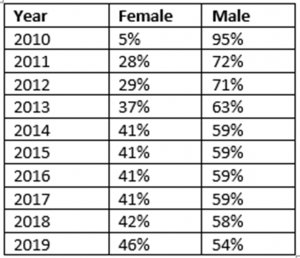Historically the Australian agricultural workforce has been one predominately male, with women playing critical, yet often ‘behind the scenes’ roles. In earlier times, women were usually in unpaid work – dedicating their time and support towards the family farm or volunteering in various ways to help their local businesses and communities.
However, over the last decade there has been a significant rise in the number of women becoming more visible in paid jobs across the agriculture employment landscape. This is an exciting and much welcome change to the industry and of particular interest to the Agri Labour Australia recruitment teams.
From fruit picking and cotton ginning to poultry and piggery attendants, women are now employed across all areas of agriculture. According to the Australian Bureau of Statistics, women have also been outnumbering men in agriculture degree enrolments at universities since 2016.
With the agriculture skills shortage an ongoing problem and the lack of succession planning across an aging workforce becoming more prevalent, Casey Brown Director, Agri Labour Australia believes that having more women in agriculture is exactly what the industry needs to start addressing these longer term issues.
‘The scarcity of good quality staff has definitely forced businesses to open their views on employing females which is really positive. Women have outperformed and proven themselves to be of huge benefit to agriculture businesses and it is this that’s helped pave the way for that much needed change in perception across the industry.
Casey also adds, ‘Women are great communicators and offer a great deal of improvement around reliability with coming to work. Based on the constant feedback we receive from employers and our internal workforce management data; we know that safety statistics improve significantly when women are on the job. When it comes to machine operating, women take less risks, can have greater attention to detail and take more care when it comes to handling the machines – this has seen a growing trend in a preference for females filling certain roles.
Our statistics (Table 1) show a clear trajectory of growth relating to women working in agriculture. With females representing 30% of Australia’s farmers and farm managers, we are going to be seeing a lot more women in leadership and industry leading roles in the very near future, said Casey.






